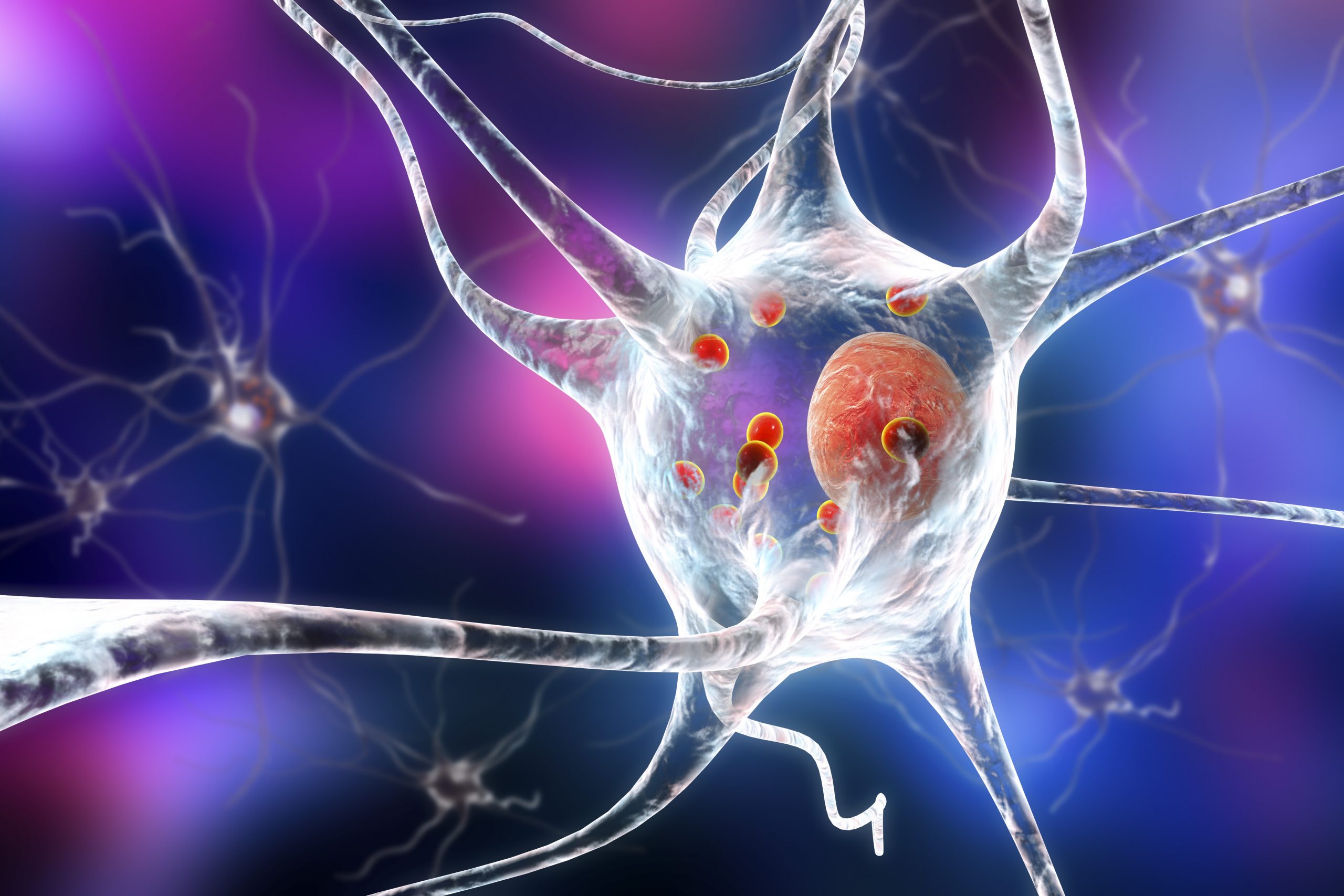Offering an option of efficient treatment for patients with Parkinson’s disease, dystonia, tremor, involuntary movement, spasm and pain, neuromodulation also shows promise for patients in the field of Neurosurgery!
What is neuromodulation?
“Neuromodulation” can be defined as “a means of modulation for the nervous system”. The aim is to modulate or correct the faults of the nervous system at any part of the body. These fault may being in the brain or any other part of the body. The faults in brain may lead to Parkinson’s disease, colloquially called paralysis with abnormal shaking, and dystonia that is manifested by severe spasm and involuntary movements as well as tremor that is associated with shaking movements in trunk, head and hands and finally, epilepsy. Trunkal malfunctions may lead to refractory pain, urinary and/or fecal incontinence and involuntary contractions of muscles in limbs. The neurostimulation devices specific for brain, spinal cord, urinary bladder and vagal nerve as well as the baclofen pump are all covered under the neuromodulation surgeries and they cure all the above mentioned disorders. These high-tech surgeries are well open to advancements of the future, but they can, unfortunately, be performed in a very limited centers in our country and even neurosurgeons from many other countries visit our center for education.
What are neuromodulation procedures and what are their indications?
Neuromodulation surgeries are considered under two groups; deep brain stimulation, colloquially called brain battery, is used to correct the malfunctions in the brain. Deep brain stimulation is successfully used in our country for the treatment of Parkinson’s disease, colloquially called paralysis with shaking movements, and Dystonia that is manifested by involuntary movements and spasms as well as tremor that is characterized by involuntary shaking movements in head or hands. Ability to perform such high-tech surgeries in our country is a great chance for our patients. Stimulators used for disorders of the spinal cord, urinary bladder and vagal nerve as well as baclofec pump fall into the second group. This group of surgeries is successfully carried out neuropathic pain that is a refractory severe pain, which occurs in many chronic diseases, but especially the diabetes mellitus, and urinary or fecal incontinence or urge as well as epilepsy and spasticity that is associated with involuntary contractions.
They can be tried before the surgery!
All these procedures are very advantageous in terms of preoperative trial option, ability to set the electric current and absence of an irreversible damage. Most of these surgeries can be carried out under local anesthesia without any need to general anesthesia and the preoperative trial option increases the success rate of operations substantially.



